Erika Holzbaur
Co-PI (Core Leadership)
University of Pennsylvania
Erika Holzbaur, PhD, is the William Maul Measey professor of physiology at UPenn. She received her BS with high honors in chemistry and history from the College of William and Mary and her PhD in biochemistry from Penn State. Dr. Holzbaur joined the faculty at Penn in 1992, where she is now an endowed professor. She has received a Porter Fellowship, the NINDS Javits Award, the Stanley N. Cohen Biomedical Research Award and the Jane M. Glick Graduate Student Teaching Award from Penn. She was President of ASCB in 2023. Dr. Holzbaur is an outstanding cell biologist with long standing interest in the dynamics of organelle transport and cellular quality control mechanisms like autophagy, with a focus on mitophagy in neurons. Her lab employs 2D culture systems of primary neurons, astrocytes, human iPSC-derived neurons, and mouse models to study mechanistic cell biology in the context of neurodegenerative diseases, like PD and ALS.
Recent ASAP Preprints & Published Papers
Mitochondrial damage triggers concerted degradation of negative regulators of neuronal autophagy
iNeuron differentiation from human iPSCs






